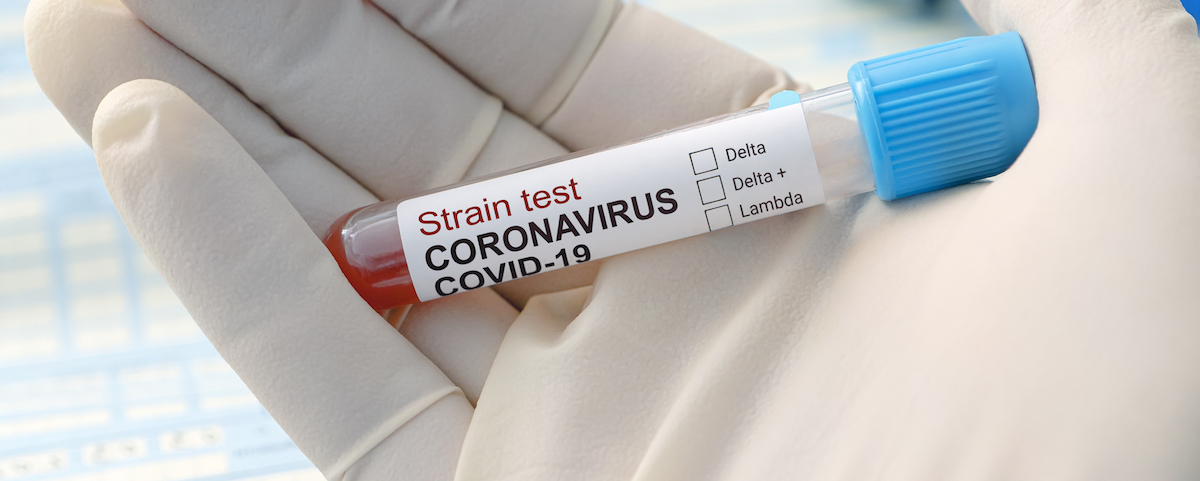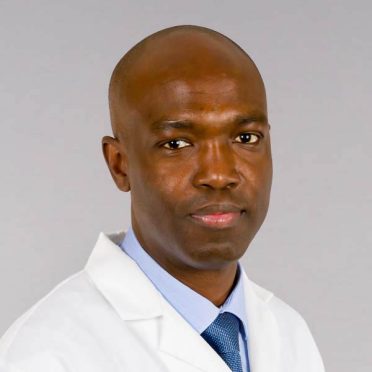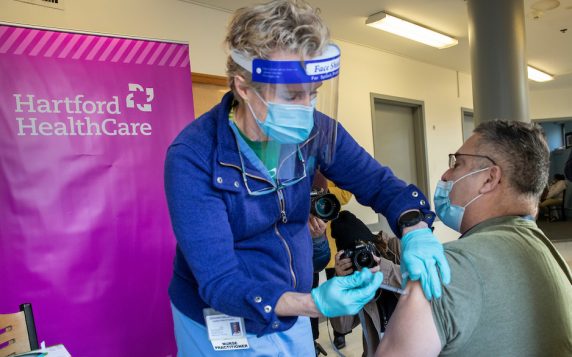The fourth wave of COVID-19 has arrived in the United States with the rapid spread of the Delta variant, first identified last December in India, as vaccination rates lag across the country.
“All the stuff that we’re enjoying right now,” says Dr. Ulysses Wu, Hartford HealthCare’s System Director of Infection Disease and Chief Epidemiologist, “the going out to eat, going to the store without a mask, going to the bank without a mask. Hanging out with groups. We owe it all to vaccinations at this point.”
Here are five things to know about this highly transmissible strain:
Delta Is Now The World’s Dominant COVID Strain
The Delta variant, the world’s dominant COVID strain, now accounts for 83 percent of U.S. cases, up from 50 percent the week of July 3, the Centers for Disease Control and Prevention’s director said Tuesday. Dr. Rochelle Walensky also said deaths have increased almost 48 percent over the past week to an average of 239 per day.
In Connecticut, Delta was identified in 63.6 percent of cases in the July 15 variant surveillance report compiled by the state Department of Public Health, the CDC, Yale University and Jackson Laboratories. The Alpha variant, formerly known as the U.K. variant, was identified in 27.3 percent of cases. The state said Tuesday the COVID-19 positivity rate increased to 2.71 percent, the highest since May 11.
The Delta Variant Is Highly Contagious
We’ve all heard this one. But what does it mean?
Each person infected with the original SARS-CoV-2 virus, which causes COVID-19, would likely infect 2.5 to three other people, according to research by the Emory University School of Medicine in Atlanta. If you’re infected with Delta, you’re more likely to infect eight or nine others. Each of those other people can also infect eight or nine others. The spread grows exponentially.
Delta Grows Faster in Your Respiratory Tract
People infected with the Delta variant averaged about 1,000 times more copies of the virus in their respiratory tracts than those infected with COVID-19’s original strain, according to a study earlier this month reported by China’s Guangdong Provincial Center for Disease Control and Prevention. It’s likely these people become infectious faster: The researchers said it takes about four days for the Delta variant to reach detectable levels, compared with six days for the original variant.
COVID/Delta Is a ‘Pandemic of the Unvaccinated’
Dr. Walensky called COVID a “pandemic of the unvaccinated” last week, when more than 97 percent of people hospitalized nationwide with severe COVID-19 were unvaccinated. Meanwhile, the U.S. was averaging about 26,000 new cases a day, up 70 percent from the previous week.
In Connecticut, between Feb. 21 and July 1, 97.8 percent of the 651 COVID-related deaths were unvaccinated patients. The remaining 14 deaths were patients who had received at least one dose of a COVID vaccine. The state reported 409 new cases Monday as its positivity rate, at 1.53 percent, trends upward.
Hartford HealthCare has 20 COVID-positive patients at its eight acute-care hospitals, with 60 more pending test results Tuesday morning.
The least vaccinated states — which include Alabama, Mississippi, Arkansas and Louisiana — are among the most vulnerable.
The Best Protection Against Delta Is the Vaccine (And Masks)
The Pfizer-BioNTech vaccine was 84 percent effective against the Delta variant in a recent study. But that was after both doses of the two-dose vaccine. After one dose, the vaccine was only 34 percent effective. Breakthrough cases happen: People fully vaccinated can still get COVID-19.
“We’re up to 854 breakthrough cases (in Connecticut),” says Keith Grant, APRN, Hartford HealthCare’s Senior Director of Infection Prevention. “So that’s something for us to keep an eye on. . . . Although, within those cases, there have been a very small amount of individuals needing critical care and an even smaller percentage of individuals that are dying.”
But vaccinations don’t make us invincible. People still must observe safety precautions.
“Vaccinations have given us a false sense of security, in the sense that we are starting to unmask,” says Dr. Wu. “And we are starting to not do our social distancing. . . . For those who are not vaccinated, unfortunately, it is no different from last year.”
To find a COVID-19 testing location near you, click here.




